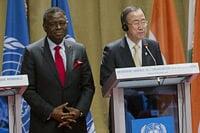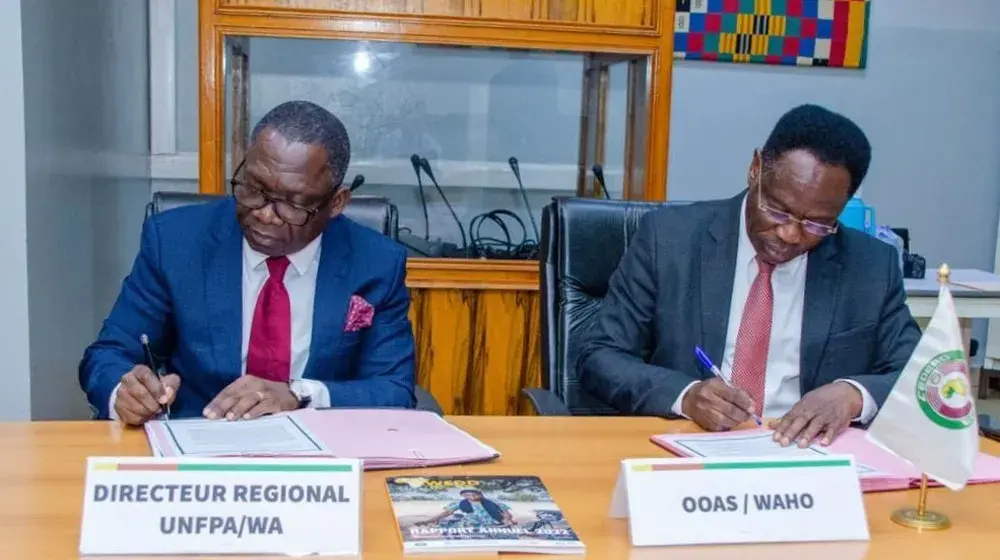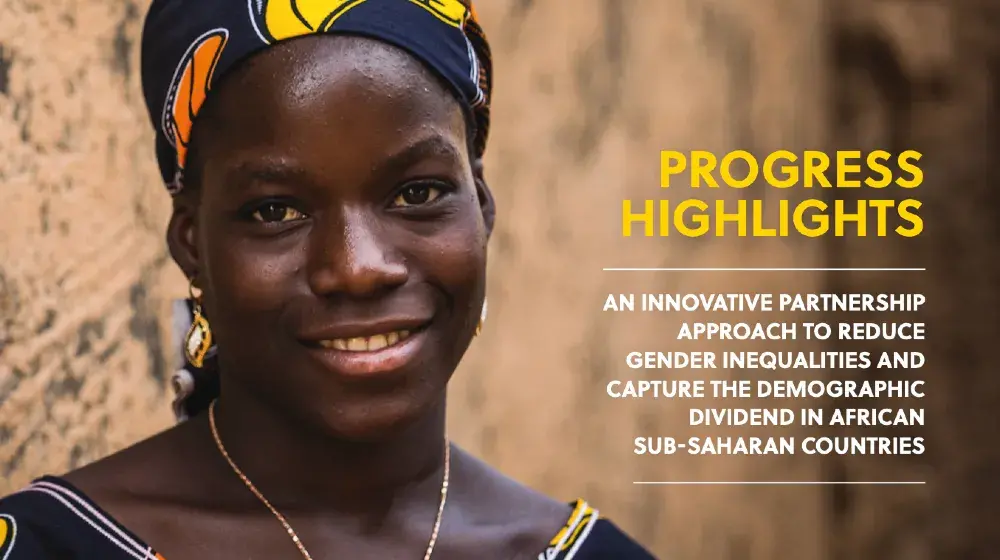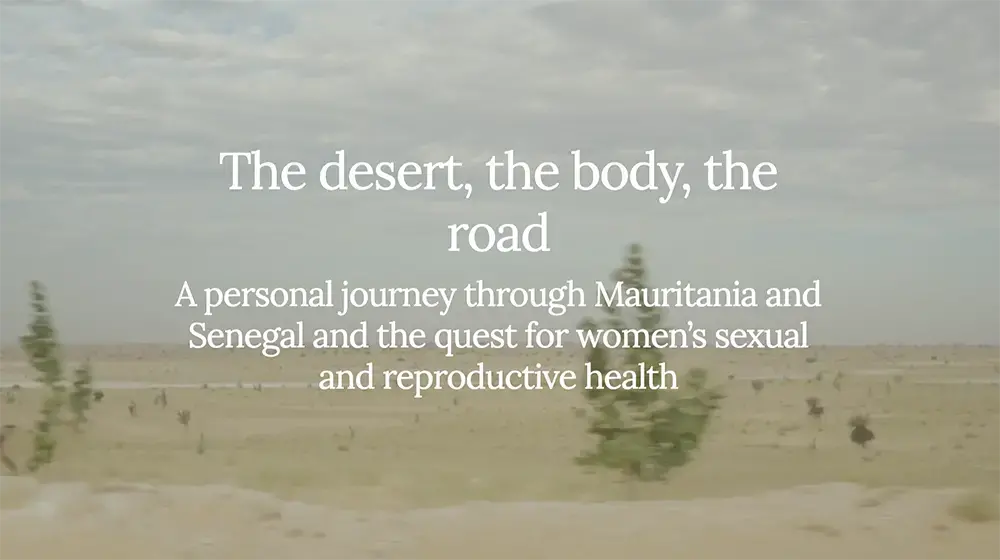Niamey (Niger) The president of the World bank Group, Mr Jim Yong Kim, announced on 6th November in Niger a pledge of US$200 million to improve women’s reproductive health and girls’ education in the Sahel region, of which up to US$100 million will go the United Nations Population Fund (UNFPA) demographic dividend project.
The pledge was made during the joint high-level tour (4th to 8th November 2013) in the Sahel by the United Nations Secretary general Ban Ki-moon, World Bank President Jim Yong Kim, African Union chairperson Nkosazana Dlamini-Zuma, African Development Bank President Donald Kaberuka and European Union Commissioner for Development Andris Piebalgs. The tour successively took them to Mali, Burkina Faso, Niger and Chad.
The US$200 million is meant for the Sahel Women’s Empowerment and Demographics Project which "will work across the region to improve the availability and affordability of reproductive health commodities, strengthen specialized training centers for rural based midwifery/nursing services, and to pilot and share knowledge on adolescent girls’ initiatives".
The US$200million initiative is additional to the Bank’s existing US$150 million commitments over the next two years for maternal and child health programs in the Sahel.
Financed by the World Bank’s International Development Association (IDA) – its fund for the world’s poorest countries – the new programme will be closely coordinated with UN agencies and other development partners, and will build on existing investments and analyses of Africa’s demographic dividend already being supported by the World Bank Group.
Much of the funding to the UNFPA will be based on requests for reproductive health commodities and services by countries in the Sahel, a region that falls under UNFPA West and Central Africa Region.
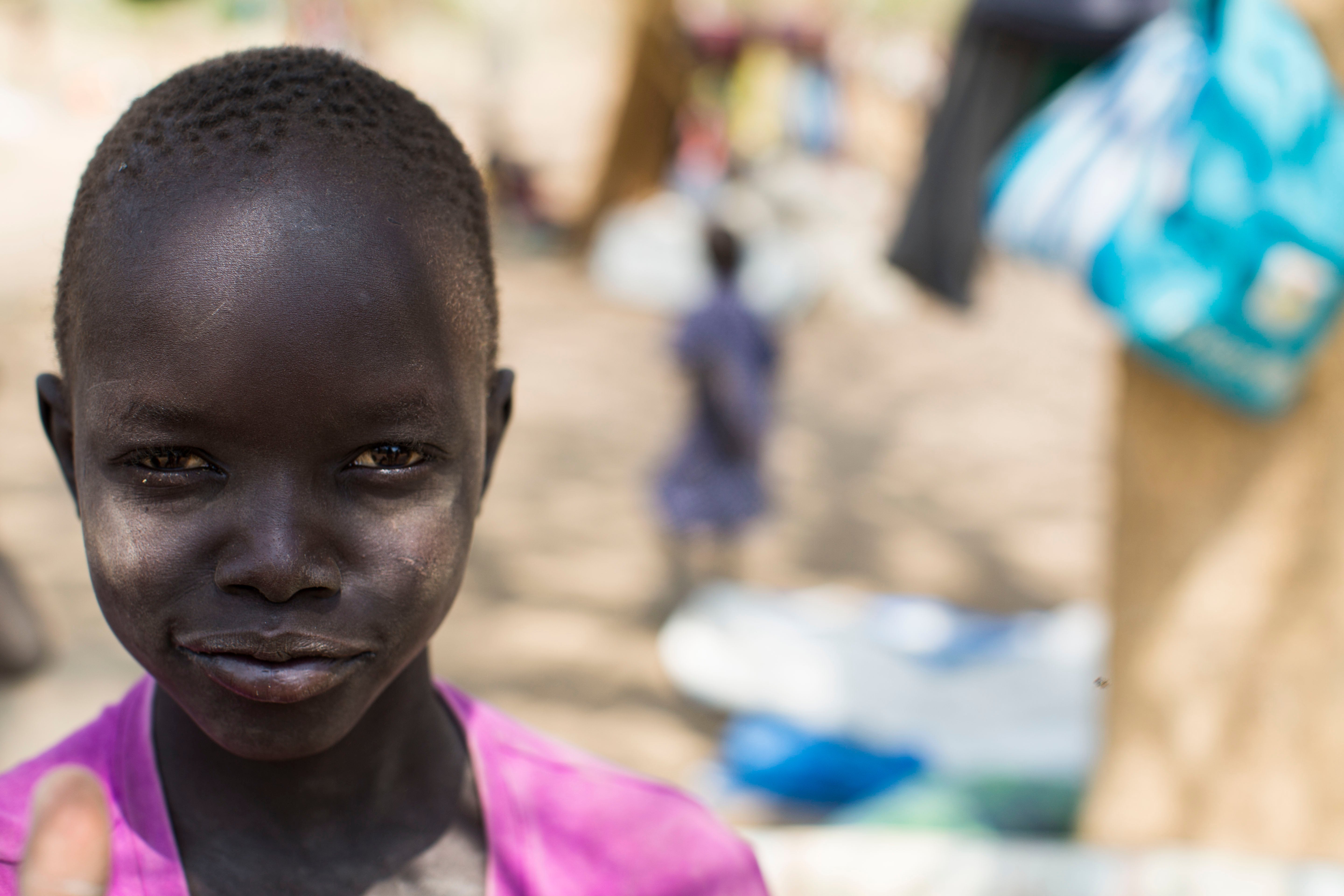
The main objective of the UNFPA's "Sahel Demographic Dividend" project is for countries in the region to actively engage in addressing population dynamics in a bid to achieve demographic dividend and thus accelerate inclusive economic and social development.
UNFPA Executive Director Babatunde Osotimehin said in Niger that "high fertility, rapid population growth and a large youth population present unique challenges in the Sahel. Where choices improve for women and girls, fertility declines and opportunities expand."
“Raising the age of marriage, keeping girls in school, enabling women through family planning to decide the spacing and number of their children, and investing in the health and education of young people, particularly young girls, can unlock a powerful demographic dividend and set countries in the Sahel on the path to sustained, inclusive social and economic growth. The time to act is now,” he added.
It could be recalled that the countries in the Sahel have some of the highest fertility and maternal mortality rates in the world. Niger tops the world fertility rate with 7.3 children per woman while Chad has 700 maternal deaths per 100,000 live births.

